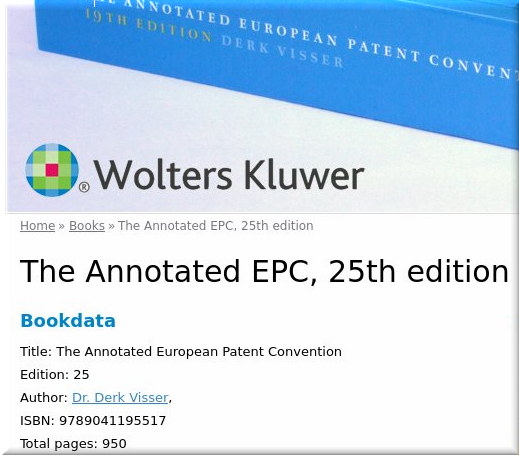

"The 25th edition," says the reference page, "updated up until 15 November 2017, was published on 18 December 2017."
EARLIER today we found this British law firm promoting the EPO for assessment of patent validity; but people say that the EPO has become a lot worse/inferior even to the Spanish patent office (which isn't particularly renowned) and leaks have already shown that the EPO is not reliable for this kind of service because quantity is the mantra under Battistelli.
In Europe, opposition at the EPO can be a cost-effective, time-efficient way to centrally challenge a granted European patent. There is a time limit for filing an opposition at the EPO, and if you miss that then each national patent derived from the European patent must instead be attacked individually according to national law. This can result in increased cost, time and effort compared to opposing the patent centrally at the EPO. Importantly, there is no estoppel in European National Courts based on opposition at the EPO.
"So either Visser foresaw Battistelli or someone added it to the latest edition."With Herrnst and Battistelli basically protecting each other (Herrnst is just another Kongstad so far), what chance is there for the Boards to become independent and actually add much-needed staff that can work independently and not punished/bullied like Patrick Corcoran?
Rule 12b in the above book says "it should be noted that the administrating council and the President of the EPO have decisive roles in a committee that monitors the independence of the Boards whereas both have shown on several occasions to have other priorities than the role of law..."
So either Visser foresaw Battistelli or someone added it to the latest edition. Either way, the EPC is now officially in crisis. Visser's latest article (co-authored) is titled "A hope to succeed – are the EPO Guidelines misleading?" ⬆